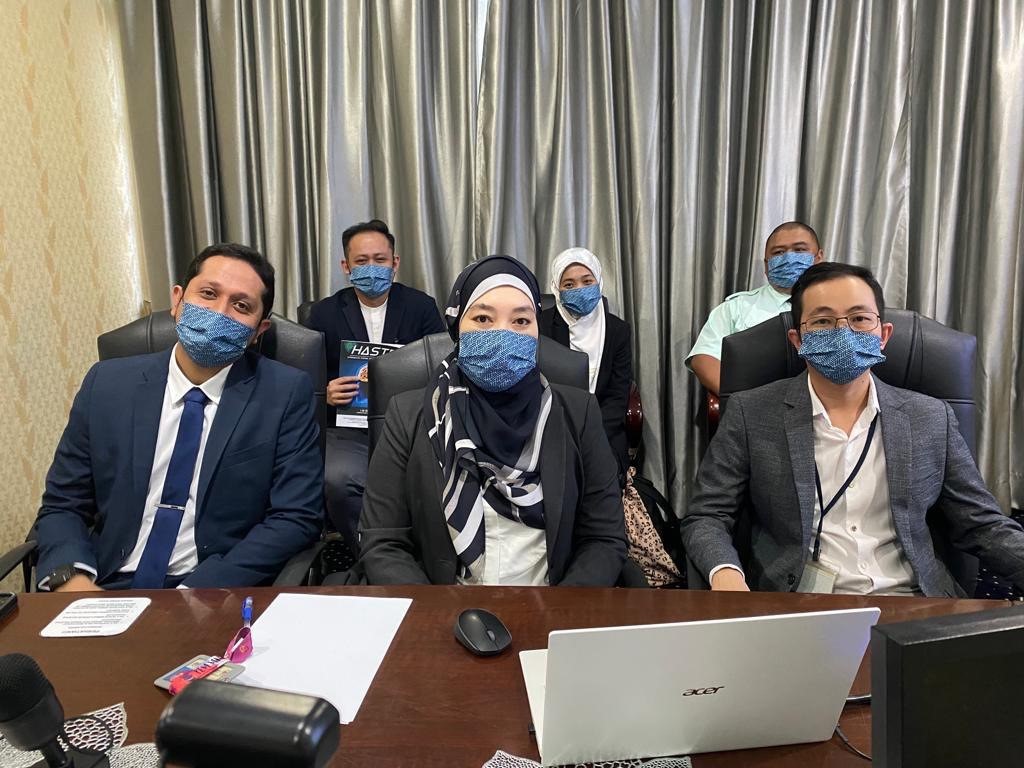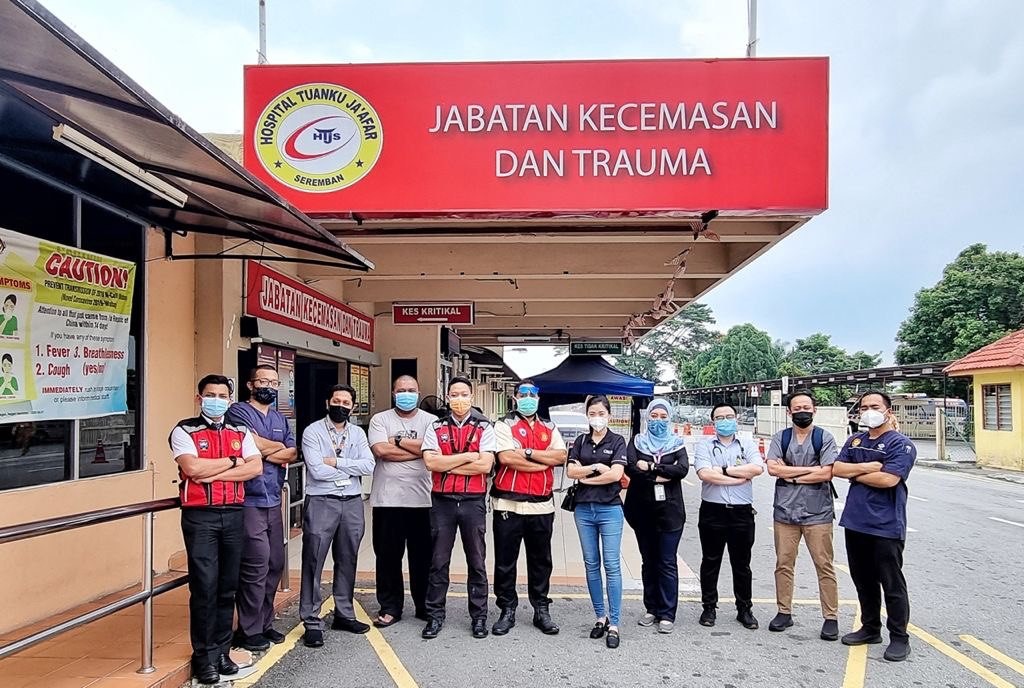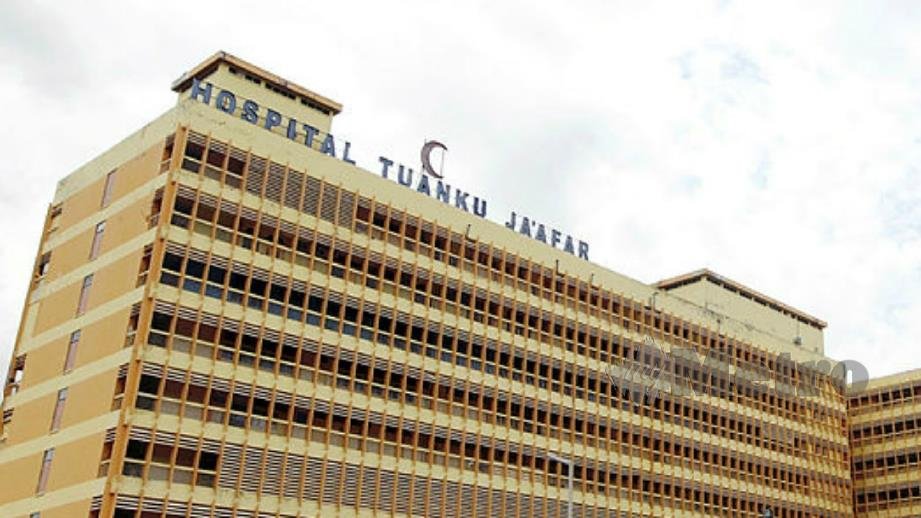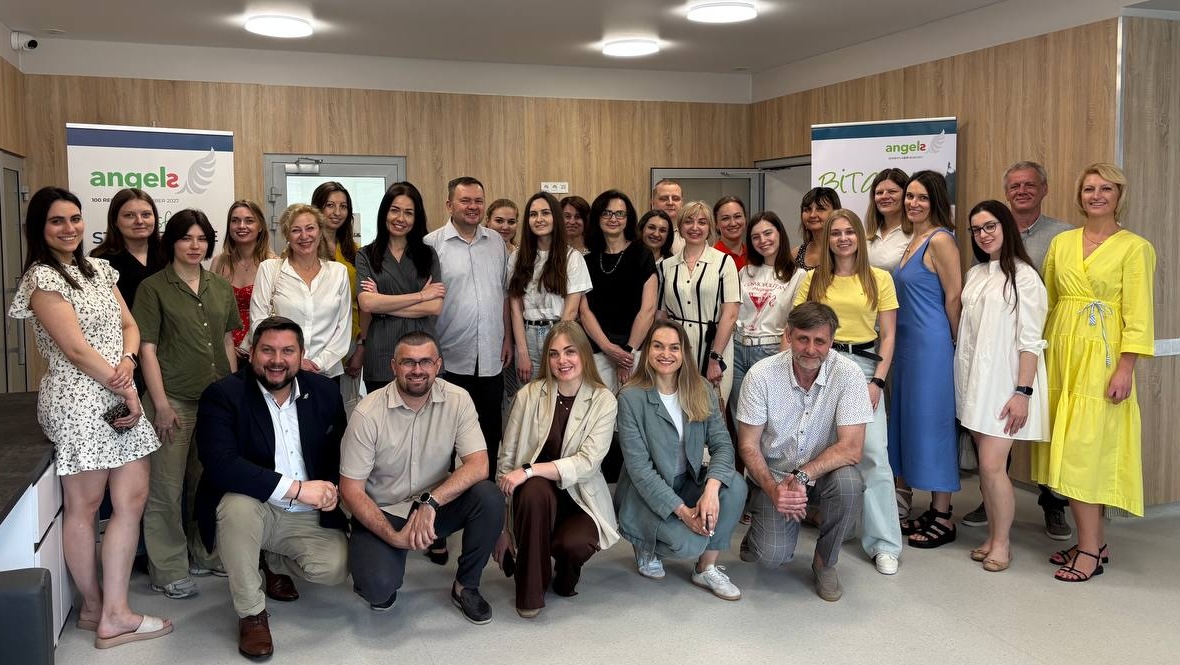No son los primeros en Malasia en tratar a los pacientes con ictus con trombólisis, pero ya son los más rápidos.

El primer tratamiento trombolítico en el Hospital Tuanku Ja’afar de Seremban (HTJS) tuvo lugar con 5 de mayo de 2019 y se logró en menos de 60 minutos. Es un tiempo desde la llegada hasta recibir tratamiento que muchos hospitales de todo el mundo notificarían con satisfacción incluso después de varios años de experiencia, pero no este extenso hospital estatal de 50 años de edad en la provincia de Negeri Sembilan, en la costa occidental de Malasia peninsular.
Para 2020, el equipo de ictus del HTJS estaba tratando a la mayoría de sus pacientes con ictus en un plazo de 45 minutos. A principios de 2021, más de la mitad de sus pacientes con ictus estaban recibiendo tratamiento en menos de 35 minutos, y en el segundo trimestre, a medida que la devastadora tercera ola de COVID-19 comenzaba a inundar a Malasia, un premio Angels Diamond de la WSO marcaba un nuevo hito; una mediana de tiempo de puerta a aguja de clase mundial de 25 minutos.
La COVID-19 rompió su paso solo temporalmente, ya que el número de pacientes se redujo al inicio de la pandemia, pero a finales de 2021 el equipo de ictus del HTJS estaba tomando prestado suministros de rTPA de un estado vecino para mantener su tasa de trabajo. A pesar de la incorporación de protocolos de COVID para proteger a sus pacientes y a sí mismos, el tiempo desde la llegada hasta recibir tratamiento no duró.
La neuróloga Dra. Teh Pei Chiek y la médico de urgencias Dra. Emi Noorina Binti Mohd Nor cuentan cómo el hospital ha reducido más de la mitad su tiempo de tratamiento en menos de tres años, mientras que duplica su tasa de recanalización, contiene pocas, si hay alguna sorpresa. De hecho, lo que compartieron es un caso de libro de texto sobre hacer todas las cosas importantes bien.

La necesidad de acelerar
El Hospital Tuanku Ja’afar se extiende sobre 26 hectáreas de la capital provincial de Seremban, situada en el valle del río Linggi, unos 60 kilómetros al sur de Kuala Lumpur. Originalmente conocido como Hospital General de Seremban, fue renombrado en 2006 por el décimo rey de Malasia, que moriría en su hospital, dos años después de sufrir un ictus.
Con 1143 camas y 23 especialidades clínicas, el HTJS sirve como hospital de referencia para todo Negeri Sembilan. Aunque la incidencia del ictus está aumentando aquí, ya que es en Malasia, el hospital solo empezó a tratar el ictus agudo después de haber adquirido los servicios de un neurólogo en 2018.
Desde hace tiempo, el Dr. Teh puso su vista en el tiempo puerta-aguja más corto posible y se ha dedicado a eliminar los obstáculos uno a uno, “principalmente”, explica, “eliminando todas las interacciones innecesarias a lo largo del circuito”.
Bajo su dirección y con el apoyo del Dr. Emi, el hospital ha implementado sistemáticamente todas las nuevas directrices para el protocolo de ictus agudo, desde la integración de los servicios prehospitalarios hasta el tratamiento en la TAC.
La prenotificación es clave y los pacientes con ictus se envían directamente a la sala de obtención de imágenes por TAC, que se ha preparado con antelación. Se difunden alertas de ictus para convocar al equipo multidisciplinar, y se ahorran unos valiosos minutos realizando varias acciones paralelas, incluida la evaluación de la gravedad del ictus y la obtención del consentimiento.
La estrecha cooperación entre neurología y radiología significa que la TAC se interpreta de inmediato, de modo que, si el paciente es apto para la trombólisis, el tratamiento puede iniciarse sin demora. El protocolo HASTE (Hyperacute Stroke Smart Track in Emergency) y el kit HASTE del hospital, ambos derivados de su colaboración con los servicios de urgencias, han ganado una competencia nacional de innovación de Malasia, pero, lo que es más importante, al agilizar la circuito, salvan vidas.

Abordar los retos
El siguiente desafío para el Dr. Teh y su equipo es llevar más rápido a los pacientes con ictus al hospital. En la actualidad, solo alrededor de un tercio de los pacientes llegan al hospital a través de urgencias y otro tercio se deriva de otros centros. Sin embargo, un tercio viaja sin ayuda y con demasiada frecuencia fuera del intervalo de tratamiento. Es un problema que solo se puede abordar mediante campañas de salud pública en torno a la concienciación sobre los síntomas del ictus y la prevención primaria del ictus.
El equipo del HTJS también se compromete a mejorar los servicios de tratamiento del ictus en otros hospitales de la región, donde esperan reproducir sus protocolos y compartir sus conocimientos. Los ejercicios de simulación en un hospital de distrito cercano ya están en el orden del día, aunque el hospital vecino aún no ha designado a un neurólogo.
Malasia se enfrenta a una escasez de especialistas sanitarios, incluso en el campo de la neurología. Al hablar en la primera Conferencia sobre ictus de Malasia en 2019, el director general de salud Datuk, Dr. Noor Hisham Abdullah, estimó que se necesitaban 200 especialistas en neurología más para satisfacer las necesidades de los pacientes con ictus en el país.
En el HTJS, la pasión del Dr. Teh por la neurología y sus pacientes se traduce en largas horas de trabajo, pero es muy necesario un segundo neurólogo para que los pacientes con ictus puedan estar seguros de un tratamiento excelente independientemente de la hora y para que la Dra. Teh pueda dormir un poco bien ganado.



